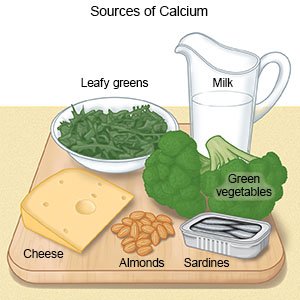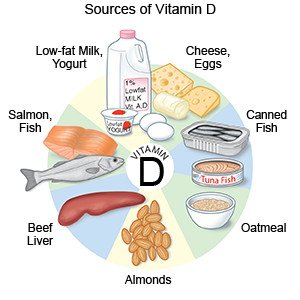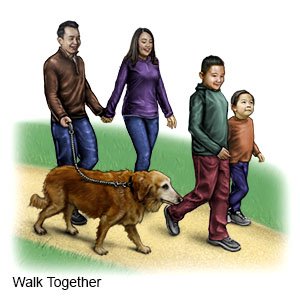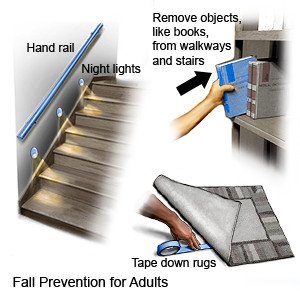Bone Density Test
Medically reviewed by Drugs.com. Last updated on Apr 6, 2025.
A bone density test, or densitometry, is a scan that measures bone density. It is also called a dual energy x-ray absorptiometry (DXA) scan. The test uses x-rays to show if your bones have lost minerals, such as calcium. The loss can cause your bones to become weak. A loss of density may increase your risk for osteoporosis. A bone density test is usually done on your hip, spine, or forearm. It can also be done of your entire body.
DISCHARGE INSTRUCTIONS:
Seek care immediately if:
- You fall and think you may have broken a bone.
- Your condition or symptoms suddenly get worse.
Drugs used to treat this and similar conditions
Vitamin D3
Vitamin D3 is used for prevention of falls, prevention of fractures, vitamin d deficiency, vitamin ...
Fioricet
Fioricet (acetaminophen, butalbital, and caffeine) is used to treat tension headaches that are ...
Ozempic
Learn about Ozempic (semaglutide) for type 2 diabetes treatment, weight management, cardiovascular ...
Sensipar
Sensipar reduces elevated levels of parathyroid hormone in people with chronic renal disease who ...
Prolia
Prolia (denosumab) is an injection that is administered subcutaneously (under the skin) once every ...
Fosamax
Fosamax (alendronate) is used to treat or prevent postmenopausal osteoporosis and steroid-induced ...
Forteo
Forteo injection is used to treat osteoporosis in men and postmenopausal women who are at high risk ...
Zemplar
Zemplar (paricalcitol) is used to treat secondary hyperparathyroidism in people with chronic kidney ...
Acetaminophen/butalbital/caffeine
Acetaminophen/butalbital/caffeine systemic is used for headache
Call your doctor or orthopedist if:
- You have questions or concerns about your condition or care.
Protect your bones to help prevent osteoporosis:
- Eat foods that are high in calcium and vitamin D. Calcium and vitamin D work together to strengthen bones. Examples are milk, cheese, yogurt, salmon, tofu, almonds, and beans. Limit caffeine. Ask your healthcare provider if you need a calcium or vitamin D supplement.


- Exercise for at least 30 minutes, 3 times a week. Do weight-bearing exercises, such as walking. Exercise can help increase your bone density and decrease your risk for fractures. Ask your healthcare provider about the best exercise plan for you.

- Prevent falls. Keep your home well lighted so you can see things clearly. Remove throw rugs, or secure them to the floor. Install grab bars near your bathtub and toilet. Ask your healthcare provider for more information about preventing falls in your home.

- Limit alcohol. Women should limit alcohol to 1 drink a day. Men should limit alcohol to 2 drinks a day. A drink of alcohol is 12 ounces of beer, 5 ounces of wine, or 1½ ounces of liquor.
- Do not smoke. Smoking can decrease your bone density, and increase your risk for a broken bone. Nicotine and other chemicals in cigarettes and cigars can also cause lung damage. Ask your healthcare provider for information if you currently smoke and need help to quit. E-cigarettes or smokeless tobacco still contain nicotine. Talk to your healthcare provider before you use these products. Ask your healthcare provider for information if you need help quitting.
Follow up with your doctor or orthopedist as directed:
Write down your questions so you remember to ask them during your visits.
© Copyright Merative 2025 Information is for End User's use only and may not be sold, redistributed or otherwise used for commercial purposes.
The above information is an educational aid only. It is not intended as medical advice for individual conditions or treatments. Talk to your doctor, nurse or pharmacist before following any medical regimen to see if it is safe and effective for you.
Further information
Always consult your healthcare provider to ensure the information displayed on this page applies to your personal circumstances.
